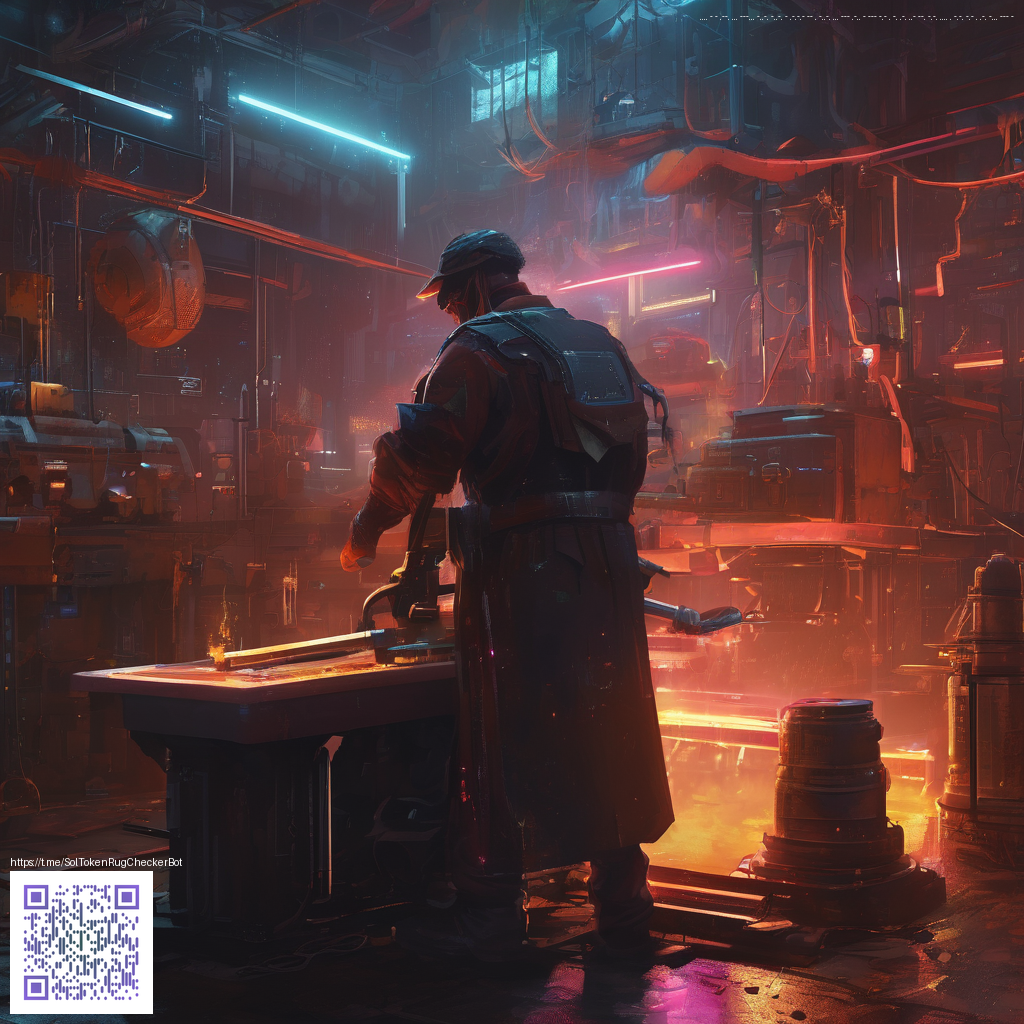
Evolution of Survival Gaming Through ARK s Innovations
The open world survival genre found a bold new voice when a certain prehistoric sandbox hit early access and never stopped evolving. The experience married base building and resource management with a living ecosystem stocked with creatures that could be tamed, ridden, and fought. That combination created a player driven cycle of exploration, experimentation, and community collaboration that many later titles attempted to imitate, but few matched in scale or ambition.
At its core the game cakewalk is simple yet intense. Gather resources, construct sustainable shelters, and survive the hazards of a hostile environment. What set this adventure apart was the presence of living beasts that players could tame rather than merely outpost against. Taming and bonding with dinosaurs gave players a sense of progression that felt tactile and personal rather than purely numeric. The result was a surprisingly social survival cycle that encouraged cooperation in tribes and occasional friendly rivalry in cross server play.
Gameplay first principles that shaped a genre
From the start the title pushed players to exploit every biome as a living toolkit. Crafting options spanned from primitive melee weapons to complex armor sets and saddle equipped dinos. The dynamic weather system and day night cycle forced careful planning for resource gathering and base defense. Boss encounters in later updates provided springboards for endgame social events and competitive raiding that kept servers lively long after players unlocked the initial tech tree.
What resonated most with players was the risk reward loop. Every dungeon like cave system and cliff side ascent required preparation and team coordination. The thrill of discovering a safe path through a dangerous biome or taming a formidable creature became tangible rewards that kept players logging in week after week. It is this built in tempo of danger and discovery that many later survival titles have tried to reproduce, with varying degrees of success.
Community as a feature not a backdrop
One of the most influential shifts came from the player base turning the game into a living workshop. The ARK Dev Kit opened the door to a flourishing modding culture, letting creators alter balance, spawn rules, and even introduce brand new maps. A steady stream of community servers tested experimental rules and announced bold new gameplay modes long before official patches rolled out on a regular cadence. The result was a vibrant ecosystem where community driven content rivaled official updates in both scale and impact.
The development team leaned into that energy by facilitating mod creation and collaboration. By embracing external tooling and the expertise of fans, the project blurred the line between a traditional game and a platform for ongoing experimentation. In practical terms this meant more replay value through mods and more longevity for players who wanted to push the survival concept in fresh directions.
Updates that reframed the experience
Genesis Part 1, released on February 25 2020, showcased a bold expansion that broadened the survival canvas. New biomes, additional creatures, and expanded resource chains let players re imagine how a base could be designed and defended. The expansion touched almost every facet of gameplay from exploration pacing to combat balance, nudging the genre toward more macro style progression in parallel with the ongoing micro level sandbox play.
Beyond content releases the game became a proving ground for mod friendly design. A notable Dev Kit update and community driven tooling efforts helped creators align their projects with evolving engine capabilities. This synergy between official development and fan driven content created a feedback loop that kept the game's core loop fresh and relevant, even as competing titles experimented with their own survival formulas.
Modding culture and developer commentary
The heart of ARK s lasting influence is the dialogue between developers and players about what survival should feel like. Studio Wildcard emphasized accessible modding tools and cross pollination between official work and community innovation. The Dev Kit, a streamlined version of the Unreal Engine 4 editor, simplified the process of creating new maps, creatures, and gameplay twists. This openness fostered a culture where ambitious community projects could rise to the level of full fledged experiences.
From a designer perspective the studio has often framed updates as opportunities rather than obligations. The aim has been to broaden the creative canvas while keeping the core survival loop intact. In practice this means balancing the thrill of discovery with the social dynamics of tribes, a balancing act that remains at the center of many modern survival games today 🎮
As the modding ecosystem matured players began to organize around popular mods and server configurations just as teams behind the scenes refined combat pacing, resource scaling, and progression curves. The resulting environment supported both long term endurance play and rapid experimental playtests, letting players test how new mechanics would feel in real world scenarios without waiting for a big patch cycle.
In short, the game didn t just add features to a survival framework it helped redefine what a survival game could be. By weaving together creature driven gameplay, player created content, and a community oriented development philosophy it set a blueprint many titles still look to when they aim to reinvent the genre
For fans who want to see the modding scene in action today the official toolkit remains a key resource. The ongoing dialogue between players and developers continues to shape how survival experiences grow in scope and depth while keeping the core thrill of exploration and risk intact. It is a rare example of a living game that keeps its edge precisely because it listens to its own community
Interested in a little hardware companion to the action that sparked all this creativity The product link below offers a practical accessory that complements long play sessions on the go
Magsafe Card Holder Phone Case Polycarbonate Glossy Matte